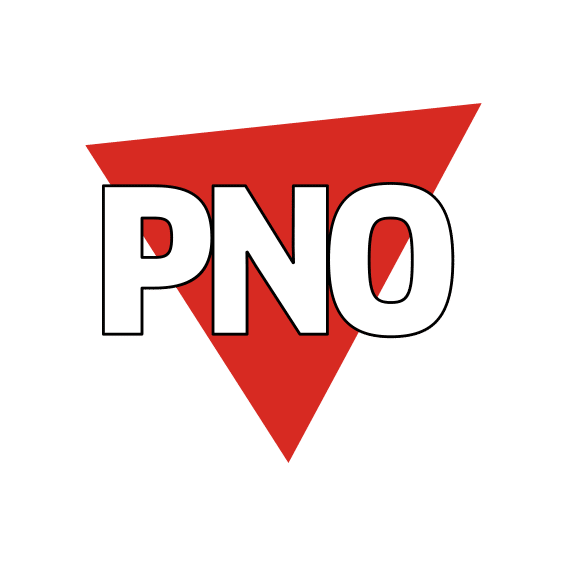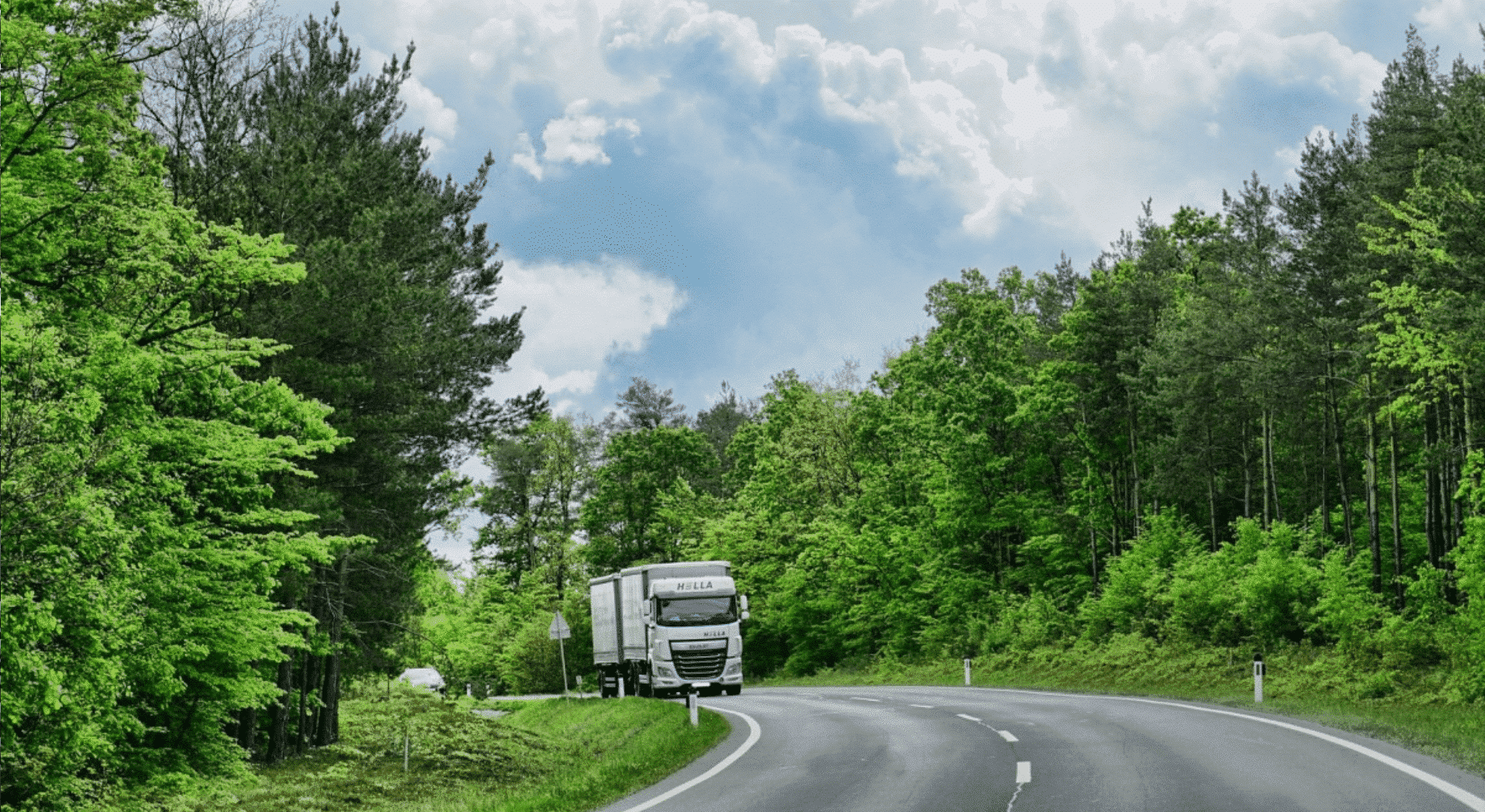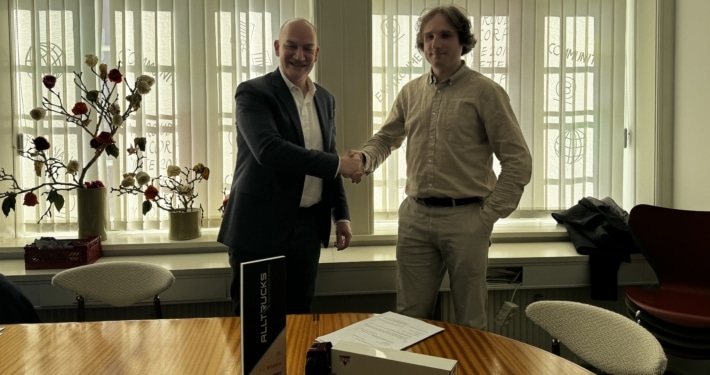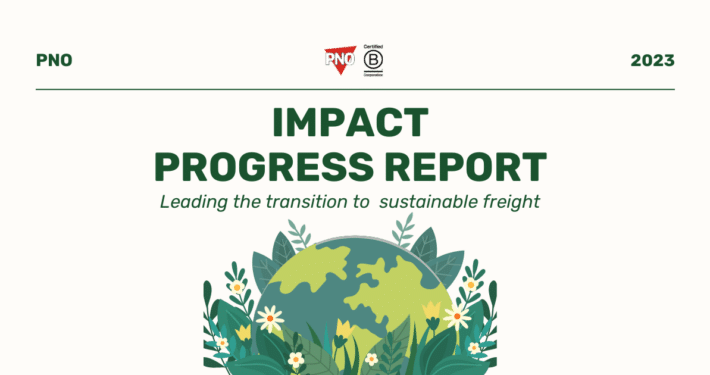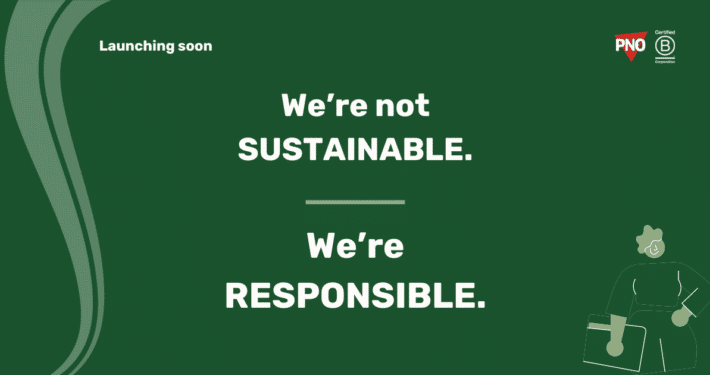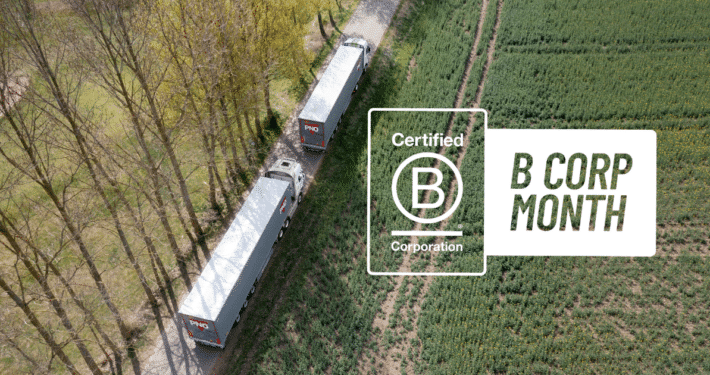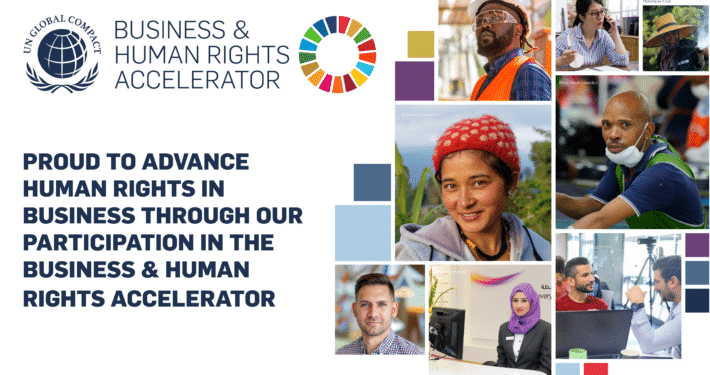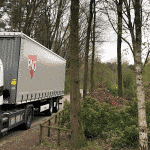EU first-ever CO2 emission standards for trucks
EU first-ever CO2 emission standards for trucks
On the 18th of April, the European Parliament approved the first-ever EU-wide CO2 emission standards for heavy-duty vehicles to increase fuel efficiency and reduce emissions. The new rules set targets for reducing the average emissions from new large trucks for 2025 and 2030.
Trucks, buses and coaches produce around a quarter of CO2 emissions from road transport in the EU and around 6% of the EU’s total CO2 emissions. As a consequence, incentives and standards are needed to curb these emissions.
In 2025, the average CO2 emissions of new heavy duty vehicles will have to be 15% lower, compared to 2019. This target is mandatory and can be achieved using technologies that are already available on the market.
Looking at the long-term, emissions have to be at least 30% lower in 2030. The target will be reviewed in 2022 to incorporate additional information on the new technologies.
As a first step, the greenhouse emission standards are proposed for large trucks, which account for 65% to 70% of all CO2 emissions from heavy-duty vehicles. In 2022, the scope will be extended to include other vehicle types such as smaller trucks, buses, coaches and trailers.
In order to give the market a clear signal for investment in clean vehicles, the standards also include a mechanism to incentivize the uptake of zero- and low-emission vehicles. This system of super credits will reward those manufacturers who will invest more in innovative technologies, while preserving the environmental integrity of the CO2 targets.
Expected benefits resulting from the new standards include:
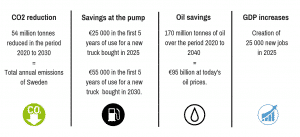
Following this approval by the European Parliament, the formal adoption will be finalized.
Although the clean mobility journey is still long, these standards and incentives represent a first top-down move towards more sustainable freight industry in the European Union.
From PNO’s side, we are looking forward to see how these standards’ future developments will impact trailers’ requirements. However, manufactures, consumers as well as other stakeholders are already focusing and investing in more sustainable solutions for the transportation industry. We are therefore optimistic that progress will go beyond the standards set for 2025 and 2030.
To learn more: https://ec.europa.eu/clima/policies/transport/vehicles/heavy_en.
